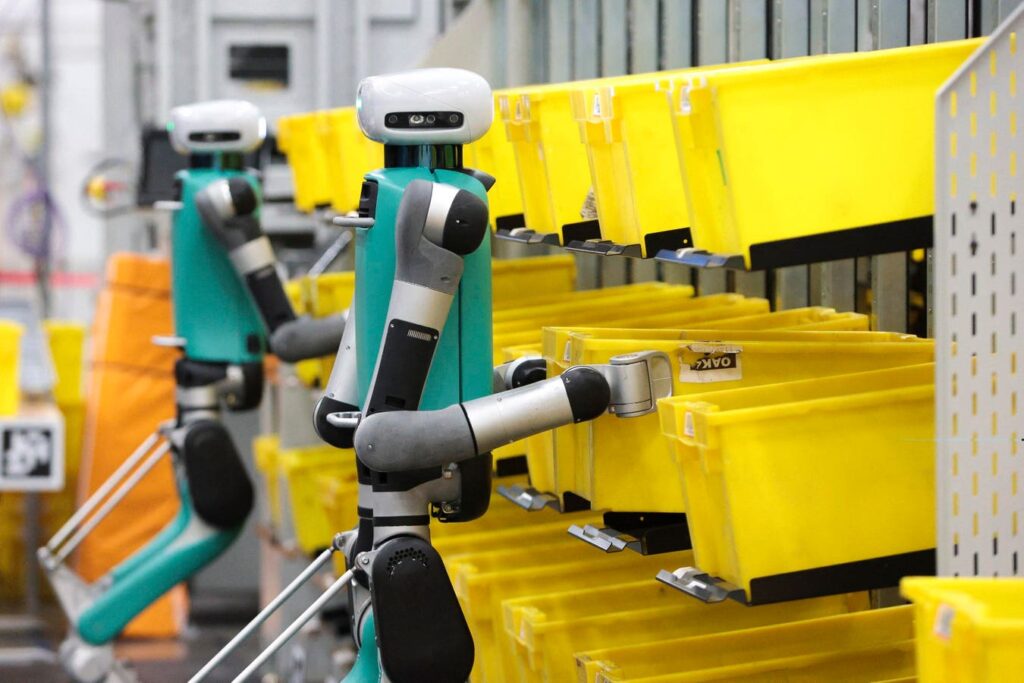
Five AI Trends To Expect In 2025: Beyond ChatGPT And Friends
As the world moves forward with unprecedented advancements in Artificial Intelligence (AI), it’s essential to focus on the more significant implications these innovations will have on our daily lives. The past year has witnessed incredible growth and breakthroughs in AI capabilities, particularly with Large Language Models and Generative AI taking center stage. However, as we move into 2025, it’s crucial to acknowledge the potential game-changers that lie beyond the familiar applications of chatbots and language models.
Here are five AI trends I expect to shape the landscape in 2025:
1. **AI-Driven Skills Shift**: The lack of AI-trained professionals is becoming increasingly apparent as new graduates struggle to find employment due to their inability to adapt to AI-driven skills and economic landscapes. This shift will force institutions to reevaluate what students learn, and students themselves must upskill to remain competitive. By 2025, we can expect a significant increase in the number of courses and programs focused on AI-driven skills.
2. **AI In Science**: The Nobel Prizes awarded this year serve as a stark reminder that AI is no longer just a novelty – it’s an integral part of scientific progress. As AI-assisted research becomes more widespread, institutions and industries will need to adapt and integrate these technologies into their workflows. Expect 2025 to bring about significant advancements in AI-driven medical breakthroughs, space exploration, and other fields.
3. **Running Out Of (Easy) Data**: Despite predictions that AI would run out of data, what appears to be consistent across these predictions is not the existence of data, but rather the increasing difficulty of accessing high-quality, ethically appropriate data. Expect 2025 to see a surge in efforts to obtain untapped data, including business contracts to acquire new datasets, labeling systems to curate data, and increased investment in sensor deployment.
4. **Robots And Physical Automation**: AI has already permeated various sectors where problems can be solved with software (think emails, content creation, or MRI analysis). Robotics brings AI’s capabilities into the physical domain – manufacturing, surgery, agriculture, space exploration, or any other area that requires human interaction. As we enter 2025, expect these trends to expand and reach a wider public consciousness.
In conclusion, as we move forward, it is crucial for students, institutions, and industries alike to adapt to these emerging AI trends.
Source: www.forbes.com


